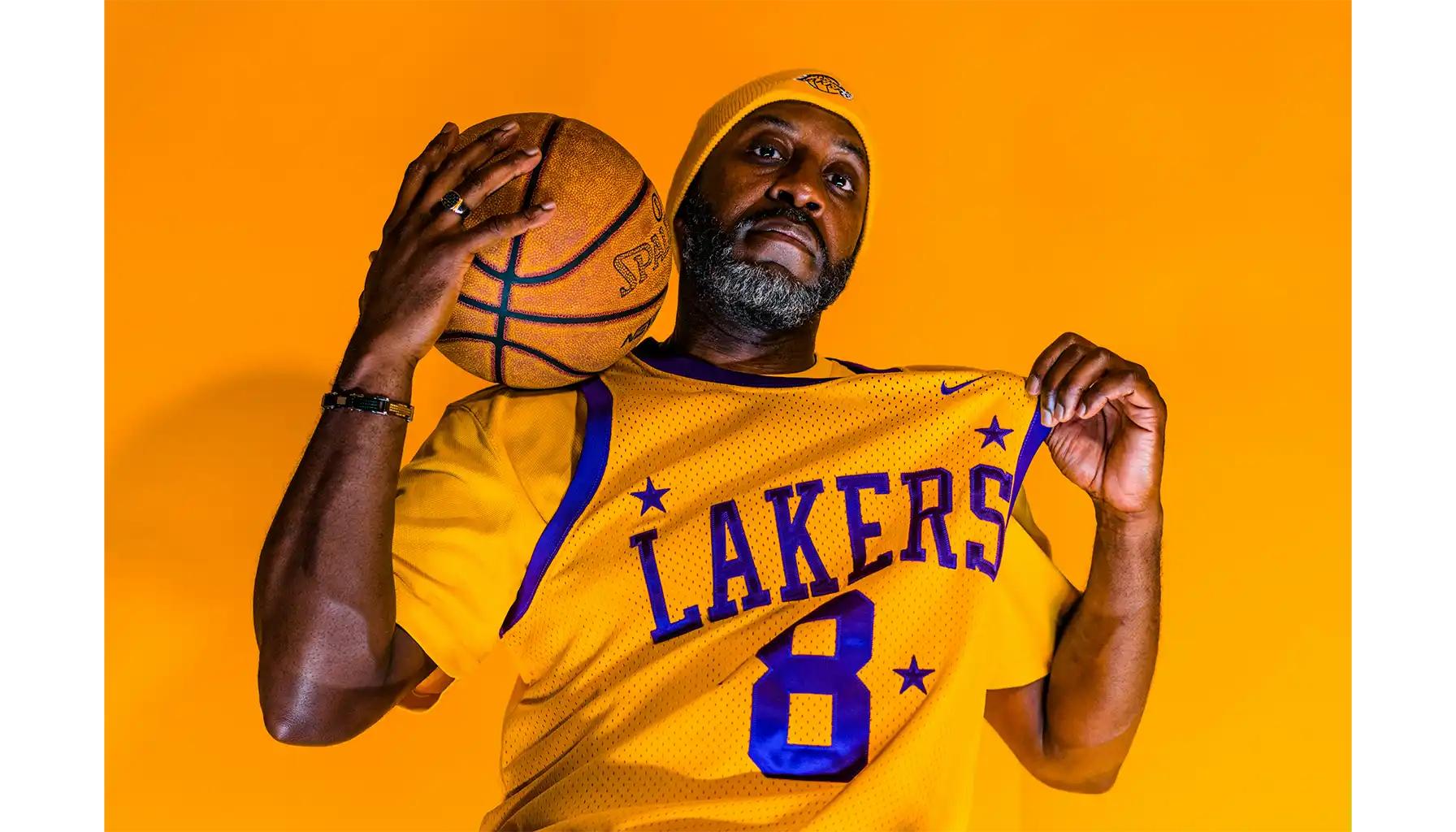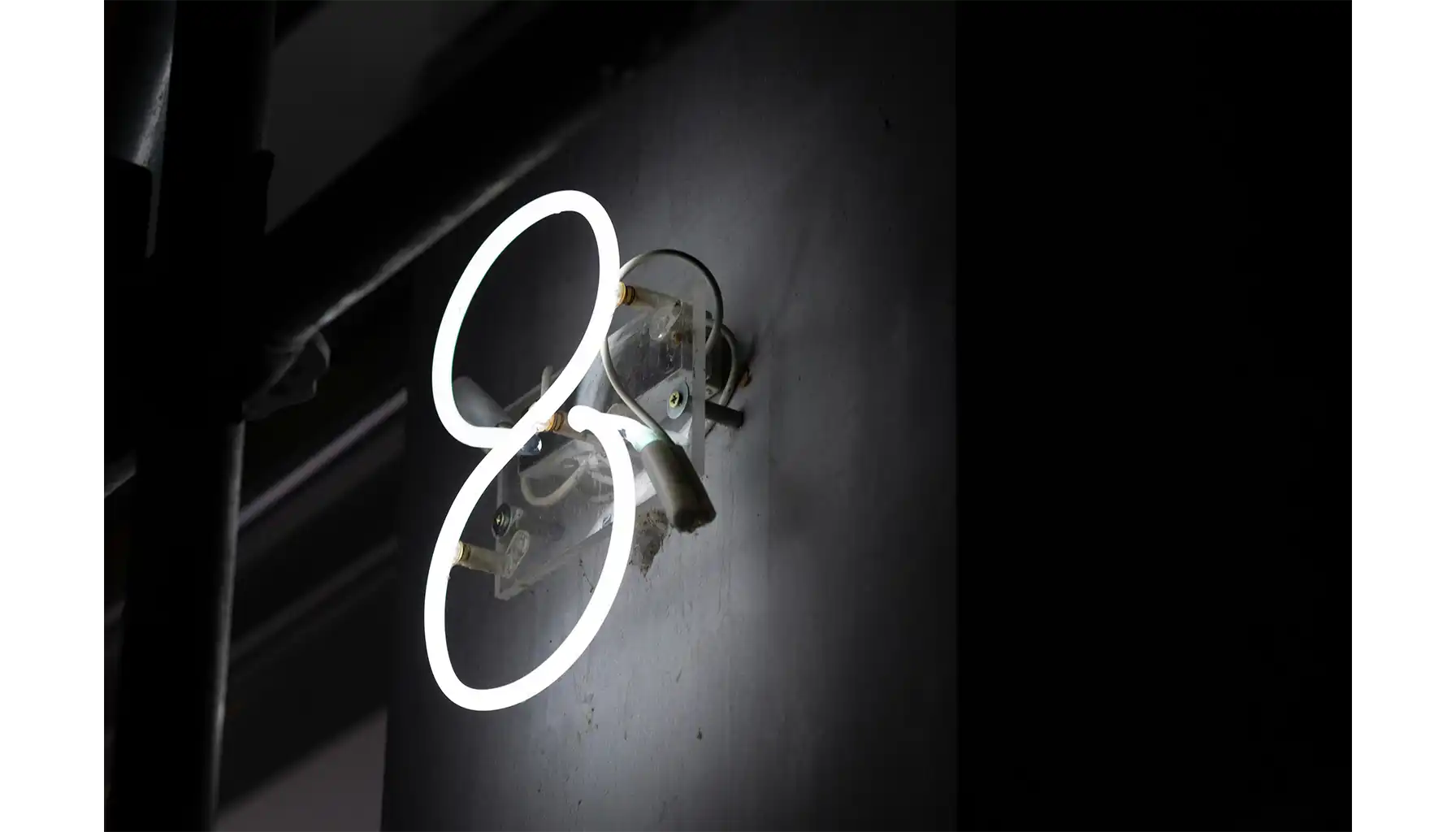Octophobia: What It Means and How It Affects People

Contents:
Phobias come in many forms. Some experience terror at heights, others at open spaces, and for others, even the most mundane objects or symbols make their hearts skip a beat. A rare fear of numbers also falls into this category. One such condition is octophobia, an intense fear of the number eight.
To an outsider, this may seem absurd: what's so special about an ordinary number? But for someone with this fear, the mere appearance of an eight on a phone screen or on a date can trigger trembling, rapid breathing, and a desire to run away.
Simple concentration practices can help in everyday life, such as collections of brain games for adults, which reduce internal tension and provide support during moments of anxiety.

What is Octophobia?
Octophobia Meaning and Psychological Basis
The term describes an obsessive and irrational fear that arises at the sight of the number eight or even the mere thought of it. In psychology, this is classified as a specific phobia—a narrowly defined anxiety disorder where the fear centers on a specific object and is much more intense than the actual situation warrants.
People experiencing this condition begin to avoid anything that contains the number eight. This could be an apartment number, a date on the calendar, a ticket with the "unlucky" number, or even a habit of not keeping exactly eight items in the house.
Cultural Associations and Symbolism of Eight
The number eight carries varied meanings in different cultures. Across East Asia, people value it for the belief that it brings luck and prosperity. In other places, such as India or Bulgaria, there are beliefs about its ill omen. Such beliefs can grow into a lifelong fear.
From a numerological standpoint, the number eight is a symbol of infinity, since its form resembles the ∞ sign. For some, it symbolizes harmony and flow, while for others it becomes a tormenting sign of being stuck in an endless loop.
The fear of the number eight may occur in the presence of pre-existing anxiety disorders. It’s noted by researchers as being tied to generalized anxiety and sometimes to unusual cases such as fear of 666, when anxiety locks onto one number.

Causes of Octophobia
Negative experiences associated with the number eight: an accident, illness, or an important event that happened on an "unlucky" date.
Episodes from school, such as a failed exam or a difficult math problem with the number eight.
Learned beliefs: the child was constantly told that "eight brings bad luck," and the idea stuck.
Observing loved ones who themselves experienced a fear of the number eight and exhibited avoidant behavior.
Cultural or religious traditions that perceive the number eight as a symbol of hardship.
Developing a habit of avoiding the number: the brief relief following avoidance perpetuates anxiety.
What are the Symptoms of Octophobia?
Emotional, Cognitive and Physical Manifestations
From a medical perspective, this isn't just a "dislike" of the number, but a whole range of reactions. Symptoms can show up on different levels:
Emotions: sudden anxiety or even a panic attack when looking at the number 8.
Thoughts: an obsessive belief that the number 8 brings disaster.
Body: the heart races, with trembling, shortness of breath, or nausea.
Sometimes, simply seeing the time on your phone screen that matches "08:08" is enough to drastically disrupt your daily routine.
Behavioral Changes and Avoidance Patterns
Faced with a problem, a person begins to avoid certain actions:
they don't buy products with prices that include the number eight;
they refuse to travel if the flight number includes this number;
they try to avoid living in a house with an "unlucky" number;
they don't celebrate events that fall on the eighth of the month.
Risk Factors and Related Conditions

Who Gets Octophobia?
Phobias can develop at any age. It occurs in both children and adults. Women and men are affected at approximately equal rates, although adolescents are more likely to report the first signs of fear.
Psychological Vulnerability
A predisposition to anxiety disorders in general can be a risk factor. Such people have an increased sensitivity to stress, and the phobia develops more quickly. Sleep problems are often an additional complication: chronic fatigue and insomnia increase anxiety and weaken the body's responses.
Diagnosis and Clinical Evaluation
How is Octophobia Diagnosed?
Diagnosis starts with a consultation with a psychiatrist or psychotherapist. The specialist typically assesses:
how frequently the symptoms occur and how intense they are;
how the fear affects work, school, or relationships;
how long it has persisted (usually six months or more is the criterion).
For a clearer picture, specialized questionnaires that measure anxiety levels and track avoidance behaviors may be used. The doctor also checks for any associations with other disorders that may superficially resemble a phobia.
Treatment Options
Cognitive behavioral therapy helps us see how thoughts like "eight brings bad luck" turn into anxiety and teaches us to replace them with more realistic beliefs.
The therapy is structured in stages: first, discussions and simple exercises, then situations where the fear is most pronounced.
The exposure method follows the same path—from visualizing the number to verbalizing it and experiencing real-life situations where eights are unavoidable.
Mindfulness practices complement the process: breathing, emotional stabilization, and short breaks.
In severe cases, therapy is enhanced with medications—antidepressants or anxiolytics.
A journal, movement, and apps for focus like Mind Elevate all bring support in day-to-day life.
Coping Strategies in Daily Life

Practical Self-Help Techniques
To manage anxiety in everyday life, simple steps can be helpful:
Breathing exercises before bed;
Limiting caffeine and alcohol;
Participating in support groups;
Keeping a diary of situations that trigger anxiety.





